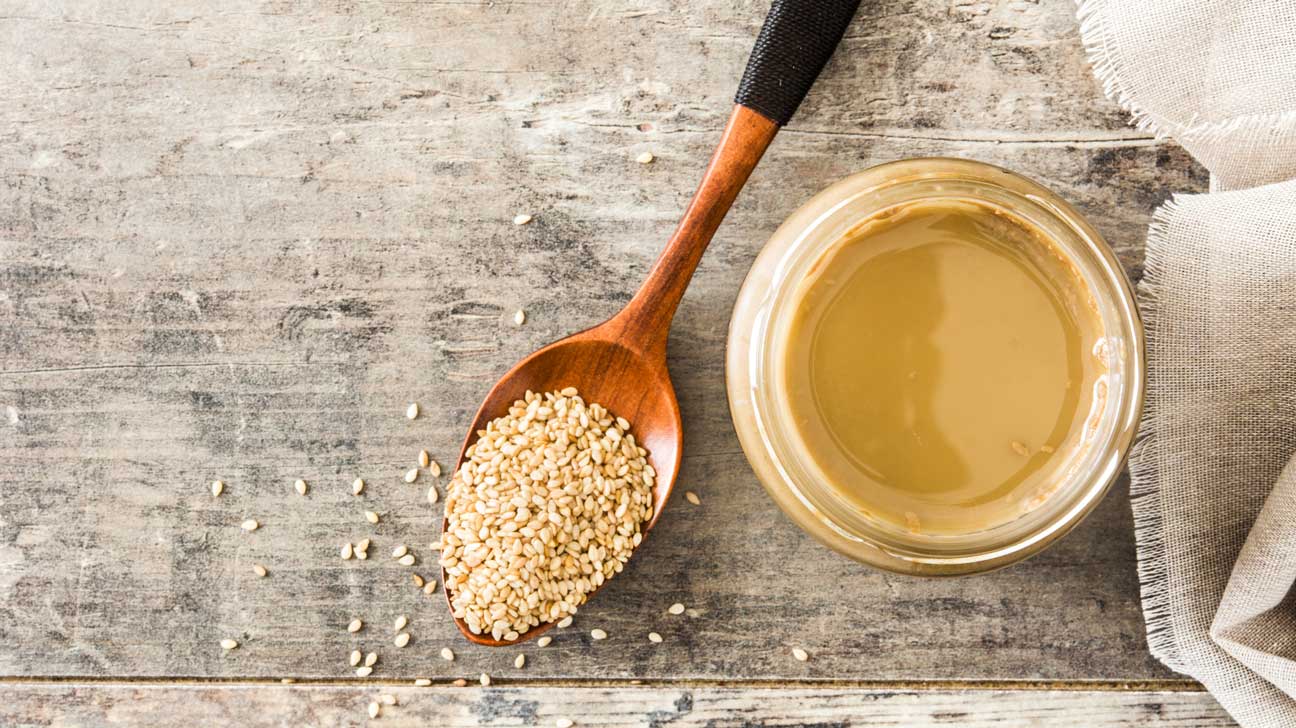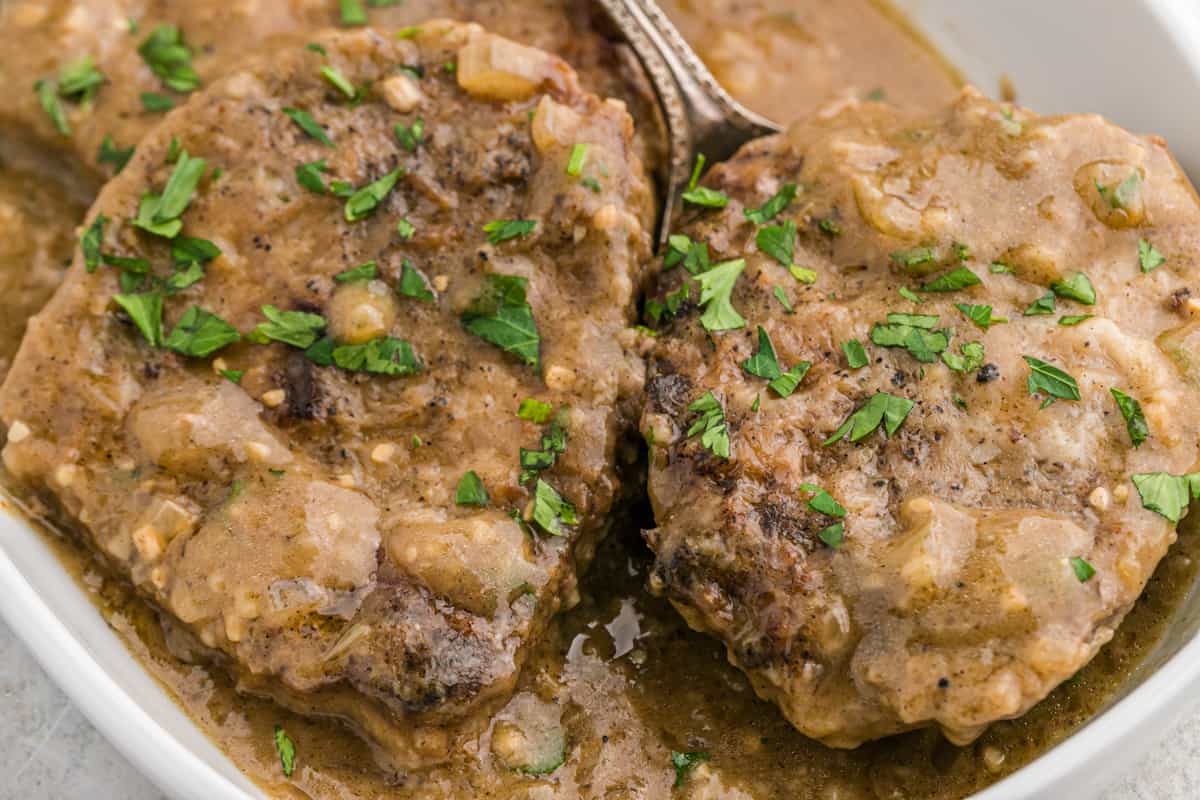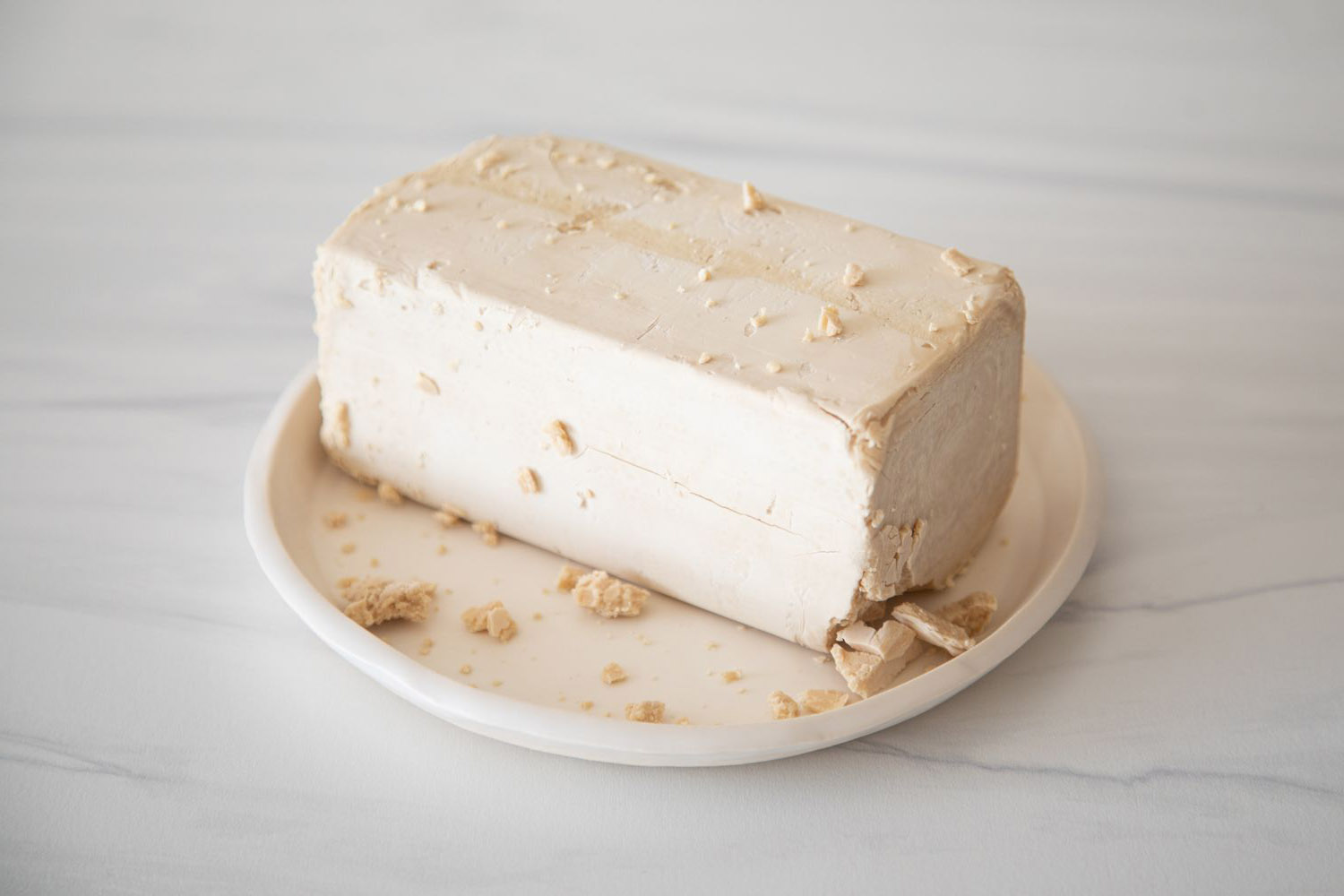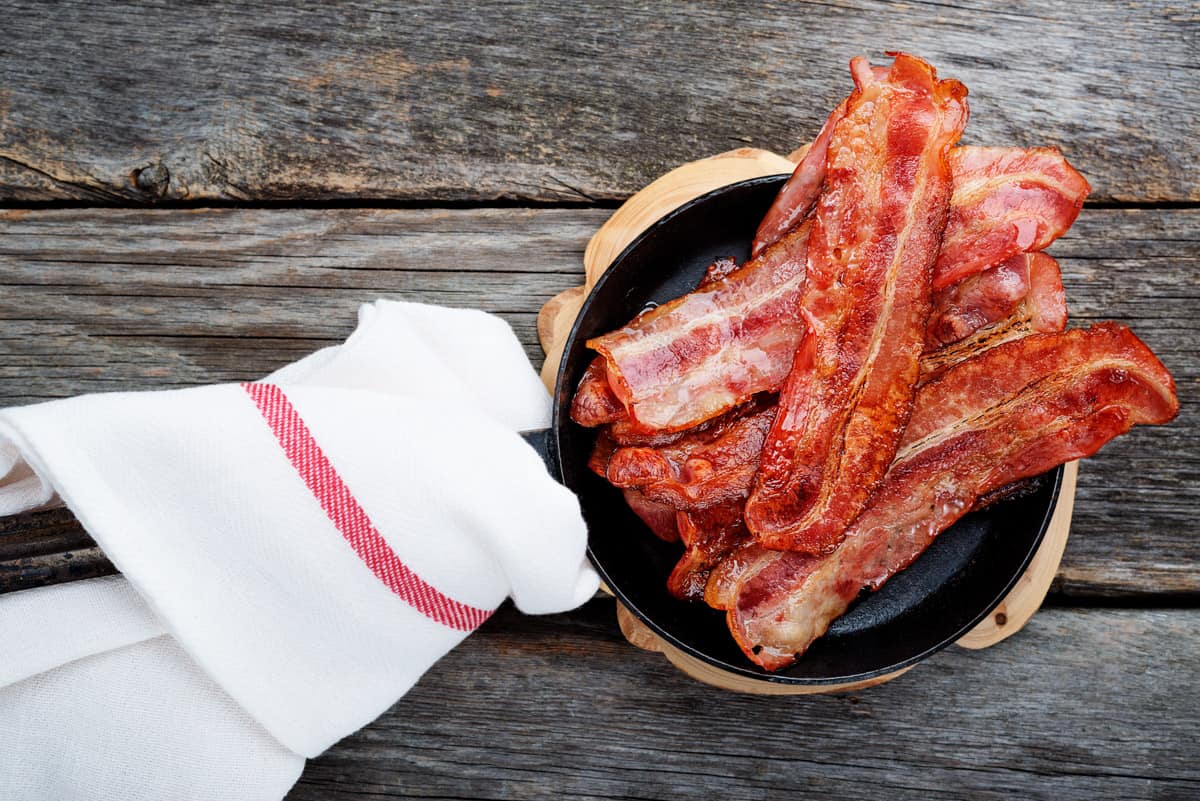Red velvet chocolate is a popular and delicious treat that has gained widespread popularity in recent years. This unique flavor is often associated with decadent desserts, especially cakes and cupcakes. But what exactly is red velvet chocolate, and what sets it apart from other types of chocolate? Let's dive into the world of red velvet chocolate and explore its origins, flavor profile, and how it's commonly used in baking and confectionery.
Origins of Red Velvet Chocolate
Red velvet chocolate has a rich history that dates back to the 19th century. The distinctive red color of red velvet chocolate is traditionally achieved through a reaction between natural cocoa powder and acidic ingredients such as buttermilk and vinegar. This reaction results in the signature deep red hue that is characteristic of red velvet desserts. Originally, this reaction was more pronounced due to the use of unprocessed cocoa powder, which had a higher acidity level. Today, red velvet chocolate is often made using a combination of cocoa powder, food coloring, and other key ingredients to achieve its vibrant color and unique flavor.
Flavor Profile
One of the defining characteristics of red velvet chocolate is its subtle cocoa flavor with a slightly tangy undertone. The addition of buttermilk and vinegar not only contributes to the cake's red color but also imparts a hint of tanginess that sets red velvet chocolate apart from traditional chocolate desserts. The flavor profile of red velvet chocolate can be described as a delicate balance of sweetness, cocoa, and a touch of acidity, making it a favorite among those with a sweet tooth.
Common Uses in Baking
Red velvet chocolate is most commonly used in baking, particularly in the creation of red velvet cakes, cupcakes, and cookies. The vibrant red hue of red velvet chocolate makes it a visually striking choice for special occasions such as birthdays, weddings, and holidays. When paired with rich cream cheese frosting, red velvet chocolate desserts offer a delightful contrast of flavors and textures, making them a beloved indulgence for many.
Incorporating Red Velvet Chocolate Into Your Baking
If you're looking to incorporate red velvet chocolate into your baking repertoire, there are numerous ways to do so. Here are some ideas to inspire your culinary creativity:
-
Red Velvet Cupcakes: Whip up a batch of red velvet cupcakes for a charming and delectable treat that is sure to impress your friends and family.
-
Red Velvet Brownies: Put a twist on classic brownies by infusing them with the irresistible flavor of red velvet chocolate. The result is a visually stunning dessert with a delightful flavor profile.
-
Red Velvet Cake: Indulge in the timeless elegance of a red velvet cake, complete with luscious cream cheese frosting and a striking red crumb.
-
Red Velvet Cookies: Bake a batch of red velvet cookies for a delightful snack that showcases the unique flavor of red velvet chocolate in a portable, bite-sized form.
Conclusion
In conclusion, red velvet chocolate is a beloved flavor that has captivated the hearts and taste buds of dessert enthusiasts around the world. Its rich history, distinctive flavor profile, and vibrant color make it a standout choice for anyone looking to add a touch of elegance and indulgence to their baking endeavors. Whether you're a seasoned baker or a novice in the kitchen, experimenting with red velvet chocolate opens up a world of creative possibilities that are sure to delight and impress. So, the next time you're craving a decadent and visually stunning dessert, consider incorporating the alluring flavor of red velvet chocolate into your culinary creations.
Was this page helpful?
Read Next: What Is The Origin Of Spring Rolls?
PLK Bio Chem
Examination synthetic substances assume an extremely significant part to fill the exploration need at a lab. Truth be told, the lab specialists/researchers direct examination over the fixing and common part of specific exploration synthetic compounds. They need synthetics to finish their exploration. That is the reason online wholesalers like PLK Bio Chem are here with their online administrations! Address: N0. 446, Shijiazhuang, Hebei 050071, China Contact No.: 1800979769 E-mail: plkbiochem@protonmail.com












